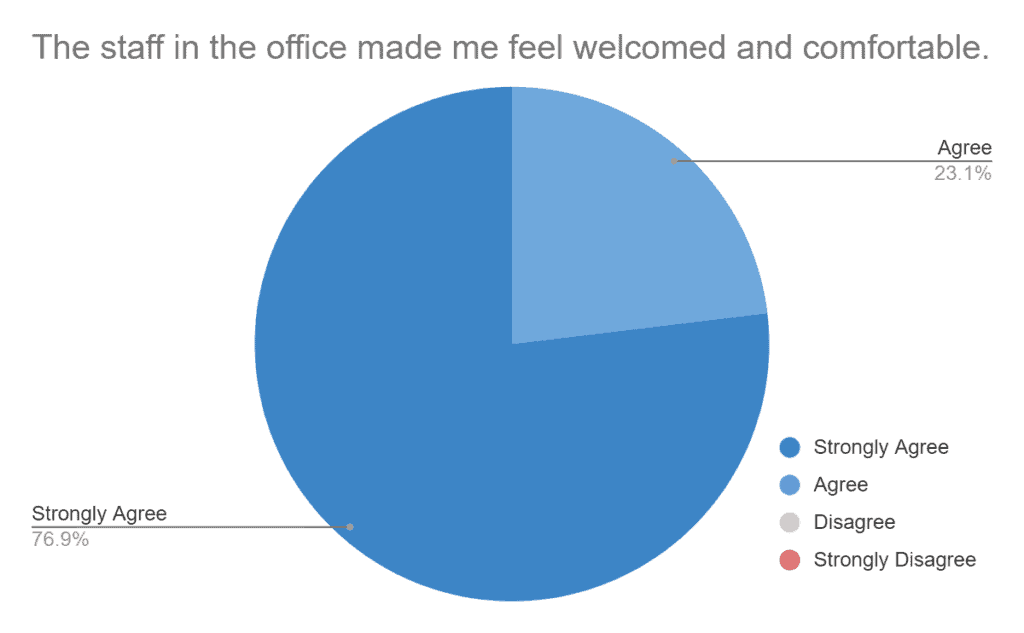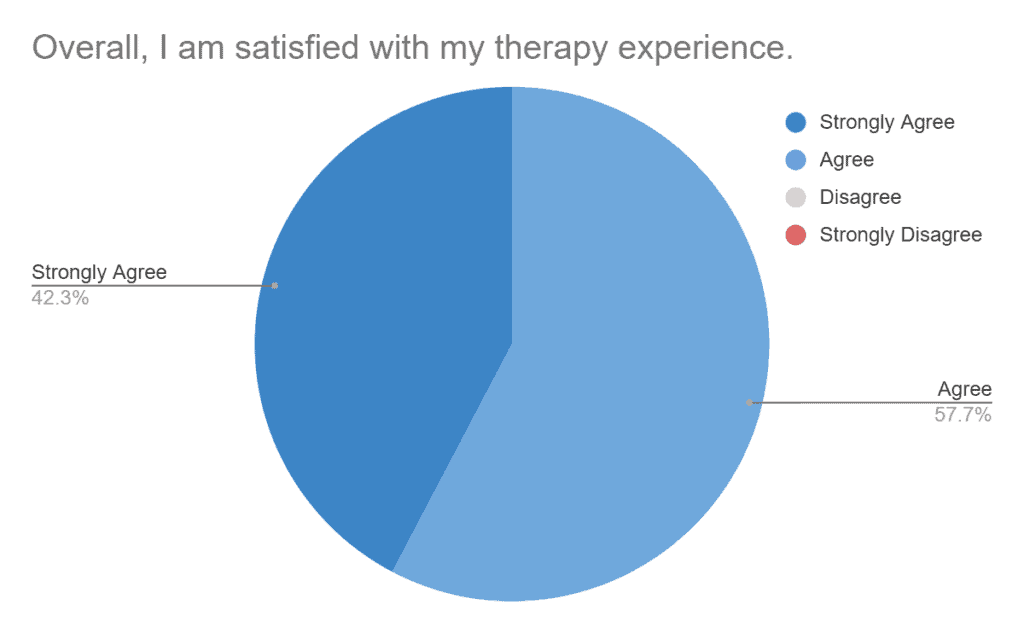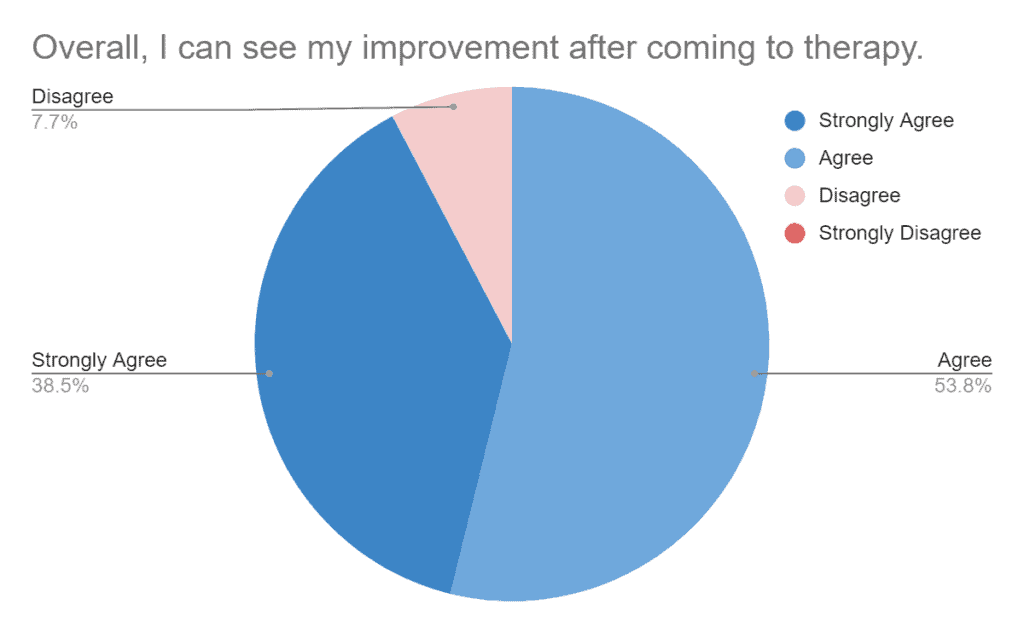Is Tokyo Mental Health any good? What is Tokyo Mental Health doing to be better?
Tokyo Mental Health has been developing different approaches, including our latest client feedback survey, to maintain and improve the quality of our service as we believe it is important to provide a high standard of care to our clients. Such internal processes to maintain and constantly improve service quality are often referred to as clinical governance.
Tokyo Mental Health has developed several quality assurance measures since our inception in 2014, including:
- A system for measuring outcomes called Psynary
- The use of gold-standard assessment tools for mood and anxiety disorders, ADHD and ASDs (see our psychology page for a list of tests offered at TMH)
- Individual supervision, regular meetings, training and processes for continuous professional development for staff
- Clinical guidance-based follow up with clients at risk of relapse
One important new element in this process includes Tokyo Mental Health reaching out for direct feedback from our clients. The use of client feedback surveys can help strengthen alliances between clients and therapists. Moreover, research findings, including studies from individual, couples, and family therapy, have shown that processes for regular client feedback can reduce premature termination of therapy, and increase the likelihood of positive treatment outcomes. Client feedback serves a central role by continually realigning therapeutic goals according to the client, and by promoting therapists to be more attuned to their client’s expectations and experiences (Janse et al., 2017; Lappan et al., 2018; Reese et al., 2010; Rober et al., 2020; & Tam et al., 2017).
Piloting a client feedback survey
We are very pleased to announce the results from our first pilot survey conducted with clients who came for counseling last month. Out of a total of 100 anonymous surveys distributed, 26 clients kindly responded.
What do you think of the services at Tokyo Mental Health?
The results of the feedback survey are displayed below:



※Clients in the survey sample had only had 1-5 sessions at the time of completing feedback.
We’ve also received some very positive individual feedback for different therapists! Thank you for all of your comments!
This pilot has been a great success in helping us understand what we are doing right for our clients. To keep improving our services, and to maintain recommended practices according to UK NICE guidelines, we will continue to send out surveys 30 days after first appointments for counseling. We appreciate your participation and patience in this process of making Tokyo Mental Health a better resource for everyone.
References:
Janse, P. D., De Jong, K., Van Dijk, M. K., Hutschemaekers, G. J., & Verbraak, M. J. (2017). Improving the efficiency of cognitive-behavioural therapy by using formal client feedback. Psychotherapy Research, 27(5), 525-538. https://doi.org/10.1080/10503307.2016.1152408
Lappan, S., Shamoon, Z., & Blow, A. (2018). The importance of adoption of formal client feedback in therapy: A narrative review. Journal of Family Therapy, 40(4), 466-488. https://doi.org/10.1111/1467-6427.12183
Reese, R. J., Toland, M. D., Slone, N. C., & Norsworthy, L. A. (2010). Effect of client feedback on couple psychotherapy outcomes. Psychotherapy: Theory, Research, Practice, Training, 47(4), 616–630. https://doi.org/10.1037/a0021182
Rober, P., Van Tricht, K., & Sundet, R. (2020). ‘One step up, but not there yet’: using client feedback to optimise the therapeutic alliance in family therapy. Journal of Family Therapy. https://doi.org/10.1111/1467-6427.12292
Tam, H. E., & Ronan, K. (2017). The application of a feedback-informed approach in psychological service with youth: Systematic review and meta-analysis. Clinical Psychology Review, 55, 41-55. https://doi.org/10.1016/j.cpr.2017.04.005